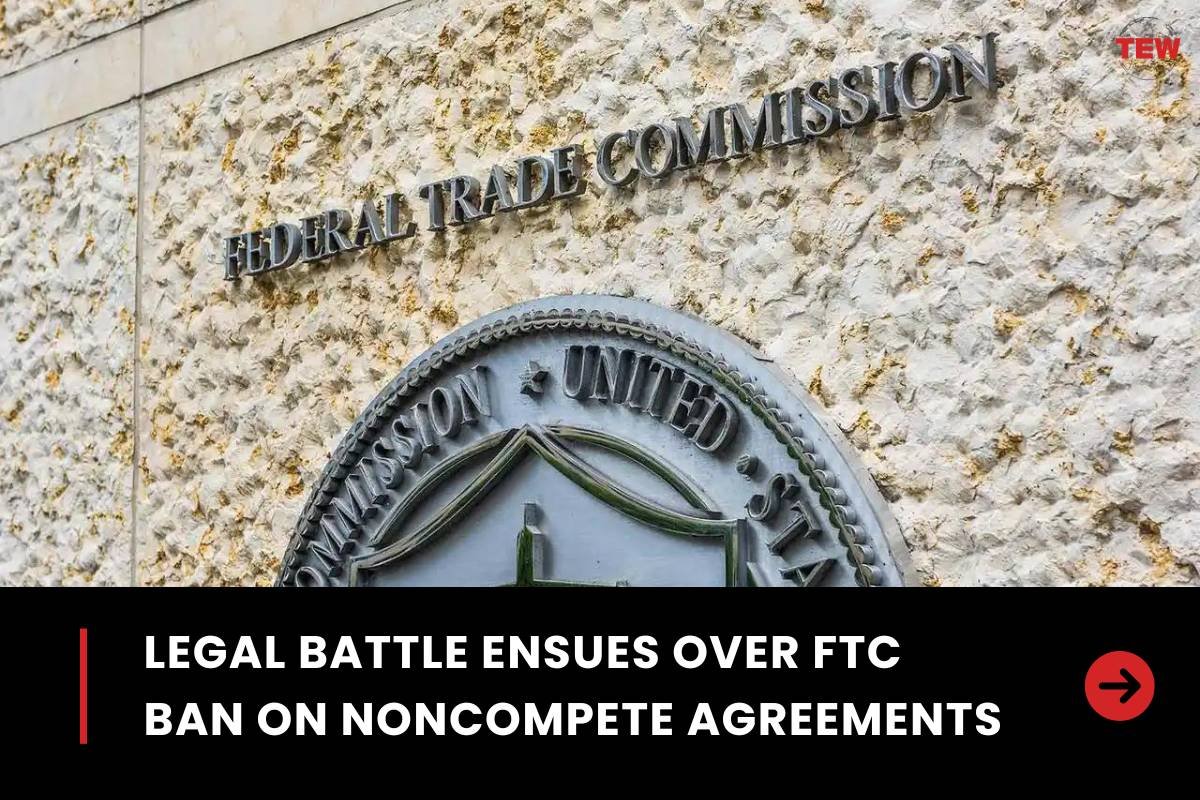(Source-MedPage-Today)
In a swift response to the Federal Trade Commission’s (FTC) issuance of a final rule banning noncompete agreements in the United States, two prominent business organizations, the US Chamber of Commerce and the Business Roundtable, wasted no time in filing lawsuits against the agency in federal courts. The US Chamber of Commerce and the Business Roundtable filed their lawsuits in federal courts in the Eastern District of Texas and the Northern District of Texas, respectively, challenging the FTC’s authority to implement such a ban.
Additionally, another lawsuit was initiated by the business tax services firm Ryan in federal court in the Northern District of Texas. With expectations of further legal challenges in the coming weeks, employment lawyer Daniel Turinsky of DLA Piper remarked, “We think it’s likely additional lawsuits could be filed,” highlighting the contentious nature of the issue.
Business Groups Challenge Federal Trade Commission’s Authority in Federal Courts
The US Chamber of Commerce had previously indicated its intention to challenge the ban, arguing that the FTC exceeded its administrative authority by prohibiting what it deems as “unfair methods of competition.” The lawsuit contends that without a clear legislative mandate from Congress, the FTC lacks the jurisdiction to enforce a blanket ban on noncompete agreements. The Chamber expressed concern that if the FTC can regulate noncompete agreements without congressional approval, it sets a precedent for potential arbitrary regulation of other common business practices without proper legislative oversight.
Seeking immediate legal action, the US Chamber of Commerce, the Business Roundtable, and the Longview Chamber of Commerce requested the court to issue a stay or preliminary injunction to prevent the rule from taking effect or being enforced while the case is under litigation.
Uncertainty Looms Over Future of Noncompete Agreements Amid Legal Disputes
In response to the legal challenges, FTC Chair Lina Khan reiterated the agency’s legal authority to implement the ban, expressing confidence in the validity of the rule. However, the legal dispute casts uncertainty over the effective date of the rule, which is set to take effect 120 days after publication in the Federal Register, likely not before September.
This uncertainty leaves employers and employees in a state of limbo regarding existing noncompete agreements, which would become unenforceable upon the rule’s implementation, with the exception of noncompetes for senior executives.
While advising clients to adopt a wait-and-see approach, Turinsky emphasized the potential for prolonged legal battles and delays in the rule’s enforcement. James Witz of Littler highlighted the likelihood of lower courts upholding the challenge, suggesting a protracted timeline for the invalidation of non-compete agreements.
Despite the legal challenges, employers contemplating new noncompete agreements may encounter resistance from employees who are now informed about the Federal Trade Commission’s regulatory action. The evolving legal landscape underscores the complex and contentious nature of noncompete agreements in the modern employment landscape.






